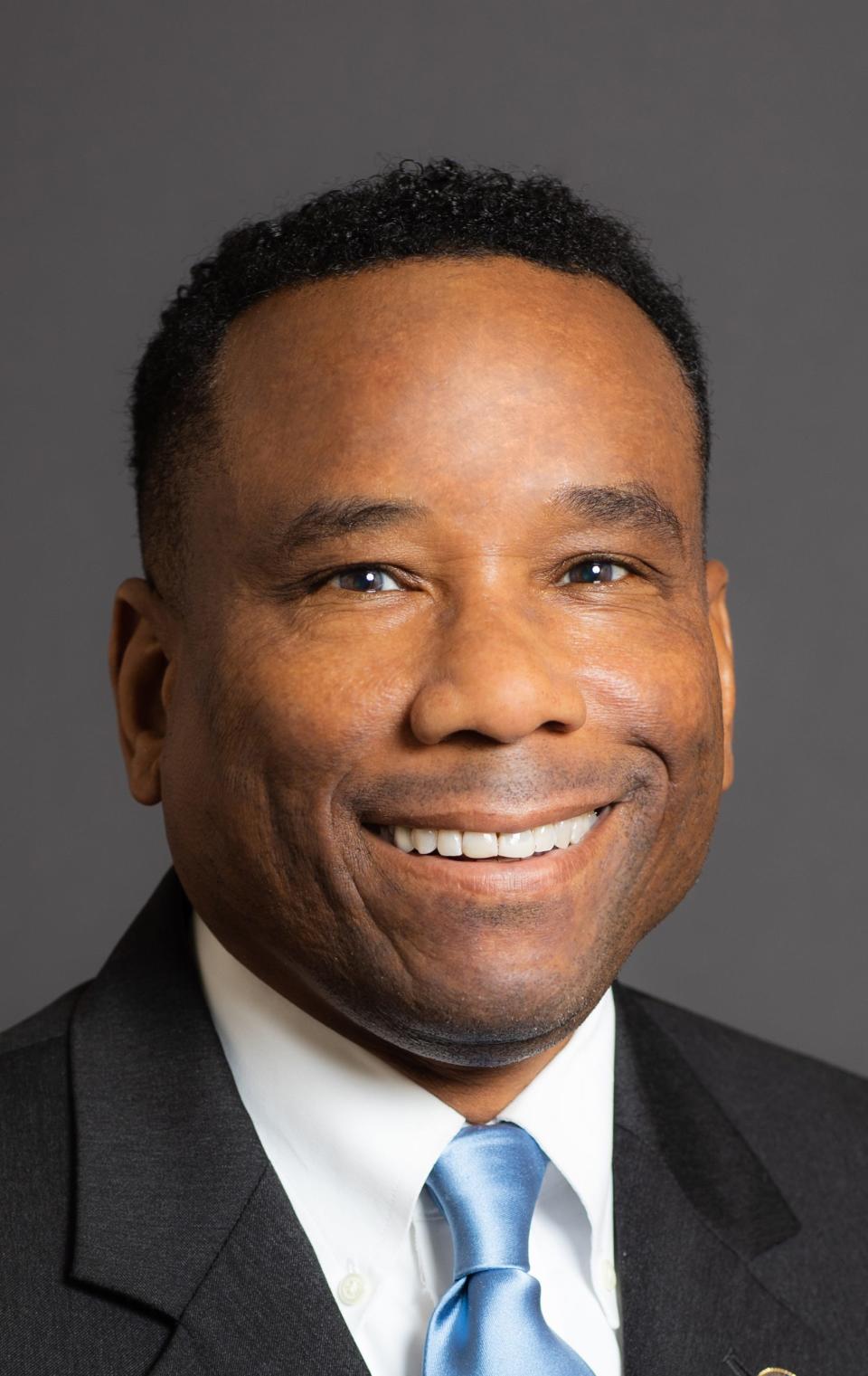Gangs, drugs, hunger: Lawmakers, officials meet on dangers to children
Violence, the lure of gangs, drug addiction, lack of medical care are among the problems faced by thousands of children throughout Georgia each day. A group of state lawmakers, law enforcement and youth advocates recently met to address how best to help these children in crises.
The Georgia House of Representatives Urban Affairs committee met in Atlanta on Monday. Chaired by Rep. Brian Prince, D-Augusta, the committee heard from the Georgia Bureau of Investigation, Department of Juvenile Justice and local representatives from Augusta, Columbus and Savannah.

With about 300 street gangs in the state and the spread of national gangs, there are plenty of opportunities for youth to become involved with violence, said Ken Howard with the GBI Statewide Gang Task Force. The solution to this violence is on the local level, he said.
“People who live in these communities and police these communities daily and make policy decisions in these communities daily, they know one another, and they know who the actors are," Howard said.
Dr. Audrey Armistad, the coordinator of Augusta's Children in Need of Services program, outlined some of those local efforts. CHINS works with children who have youth-specific issues, such as consistent truancy or running away. Augusta has about 1,200 children in CHINS, Armistad told the committee.
“We try to bring those kids to the table to avoid them coming to see the judge," Armistad said.
Part of that is using a building provided by the Richmond County School System and open from 7:30 a.m. to 7:30 p.m., she said.
“Those kids may be in our building in the morning for GED programs. They may be in the building in the afternoon for recovery of credits that they’ve lost in high school," she said.
Armistad also said that the CHINS program is not funded by the state, and several federal grants are running out, leaving them short on funding. She said there are a significant number of youth in need of help in Augusta, which she said has the highest number of referrals for human trafficking in the state.
“We had about 3,000 kids during the pandemic that we could not find, that were not attending school in Richmond County," Armistad said. "We also have 189 kids that are part of our (Department of Juvenile Justice) services. We have 503 kids to date that have run away from home.”
Representatives from other organizations in Savannah and Columbus discussed ways they are working to build connections with young people and provide services.
John Bush, director of the Office of Neighborhood Safety and Engagement in Savannah, said his office made sure this summer to keep two gyms open late Thursday through Saturday every week.
“We were originally targeting ages 11 to 18. We wound up with ages 6 to 40 in the gym at night," Bush told the committee. He said that shootings in Savannah in June and July dropped significantly from years past.
“Each summer we do something different, but this year we did something that worked," he said.
When young people are convicted of crimes, they end up under the Department of Juvenile Justice. Shawanda Reynolds-Cobb, commissioner of DJJ, gave lawmakers an overview of the 10,000 youth her department serves, of which about 1,100 are in the department's secure detention facility. Significant proportions have substance abuse or trauma diagnoses.
“If the goal is prevent them (joining) the pipeline to DDJ, then we’ve got to address what these kids need. Some of them are from areas where there are no pediatricians," she said. "Some of them are from areas or homes where there’s not adequate food. Some of them are not going to school. Some of them have these mental health conditions and they have no services that are being offered to them.”
This article originally appeared on Augusta Chronicle: House Urban Affairs hears about youth violence across Georgia

